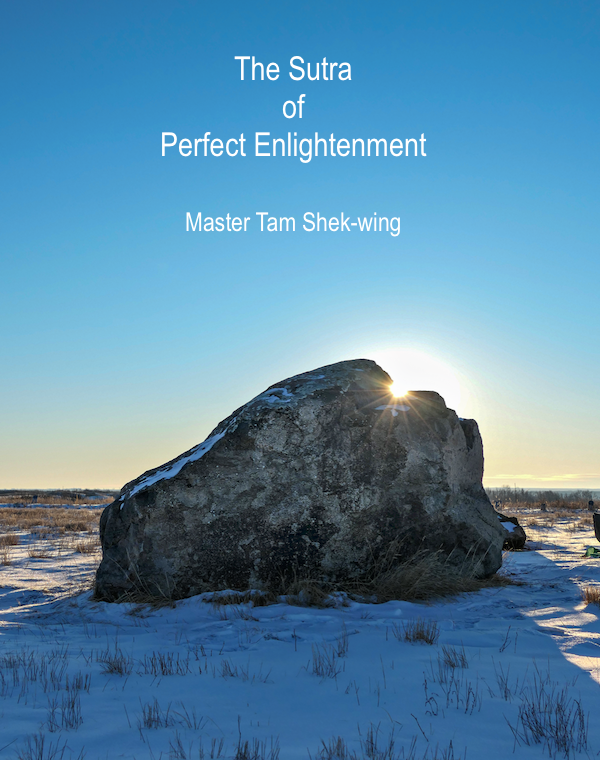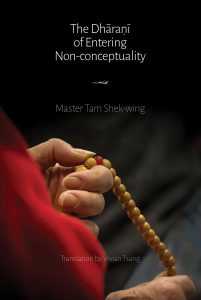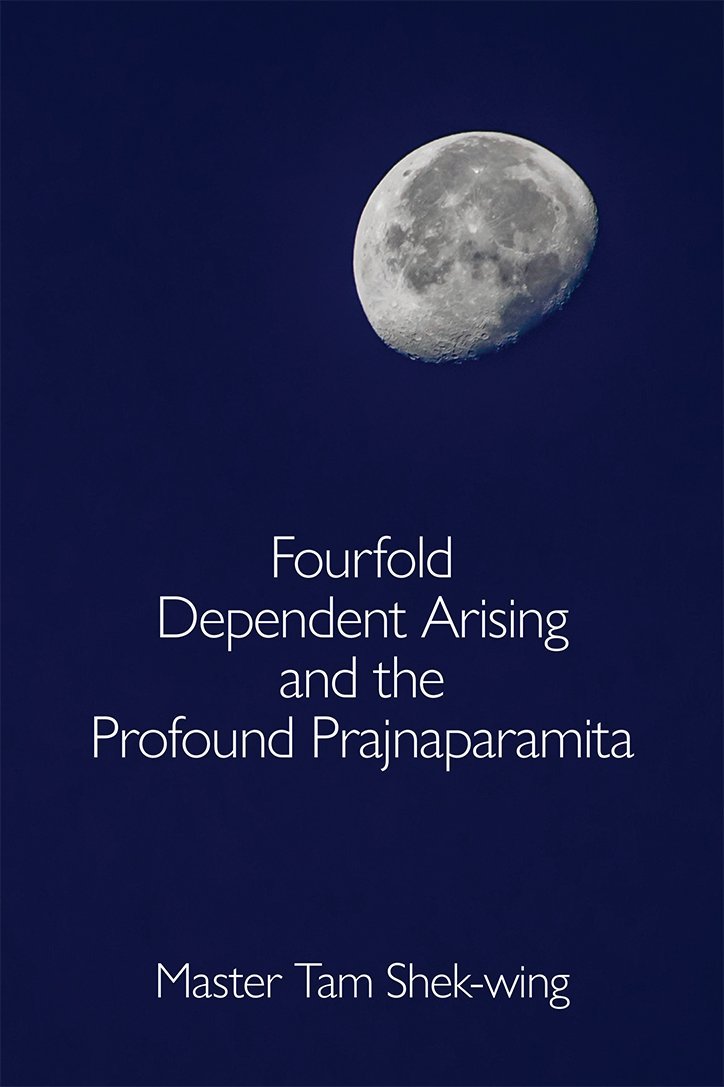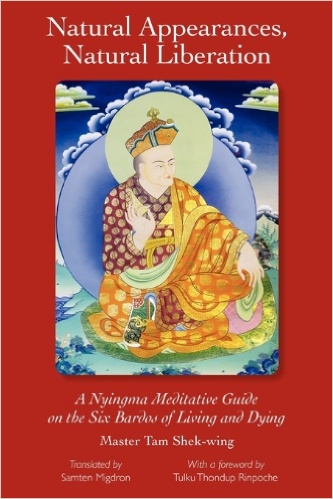Perfect Enlightenment 19: Buddha Answers: Levels of Realization
In the previous column, bodhisattva Pure Wisdom asked if there were any differences in the realization by sentient beings, bodhisattvas, and buddhas. Below is the first part of the answer.
Click here for the table of contents to revisit the dialogue between Buddha and previous bodhisattvas.
Show scripture (Chinese). 爾時,世尊告清淨慧菩薩言:「善哉!善哉!善男子!汝等乃能為諸菩薩及末世眾生,請問如來漸次差別。汝今諦聽!當為汝說。」時,清淨慧菩薩奉教歡喜,及諸大眾默然而聽。 「善男子!圓覺自性,非性性有,循諸性起,無取無證,於實相中實無菩薩及諸眾生。何以故?菩薩眾生皆是幻化,幻化滅故無取證者。譬如眼根不自見眼,性自平等。無平等者,眾生迷倒,未能除滅一切幻化,於滅未滅,妄功用中便顯差別;若得如來寂滅隨順,實無寂滅及寂滅者。 Show scripture (English). Then the World Honoured One, addressing the bodhisattva Pure Wisdom, said: “Excellent, excellent! Good son, you have asked well for the bodhisattvas and sentient beings of the degenerate age about the Tathāgata’s distinctions in level. Now listen well, and I shall explain these for you.” The bodhisattva Pure Wisdom received this instruction with reverence and great joy. All the members of the great assembly became silent and listened. “Good sons, although the self-nature of Perfect Enlightenment does not exist because of its nature, which arises according to all natures. But there is neither acquisition nor actualization of it. From the point of view of reality, there are actually neither bodhisattvas nor sentient beings. Why? Bodhisattvas and sentient beings are nothing but illusory appearances, and since illusory appearances are erased, there is neither acquirer nor actualizer. It is like the eye not being able to see itself: in the nature’s own equality, there is nothing that is equal. Sentient beings are thoroughly confused and are unable to rid themselves of all illusory appearances. Since they have not extinguished [the mark of] cessation, in illusory activity they automatically make discriminations. If they attain accordance with the cessation of the Tathāgata, there is really neither cessation nor person who brings cessation about.” To answer Pure Wisdom, Buddha first pointed out that his question was in fact a question on the differences in the level of realizing perfect awareness. Because there is only one perfect awareness, there is also one fruition of practice. Therefore, the realization of an ordinary being is no different from the realization of a sage. What differs is not the differences in the fruition, but the differences in the stages of practice. Here, Buddha re-emphasized the nature of perfect enlightenment does not arise according to its nature (非性性有). In other words, the nature of perfect enlightenment does not arise from the differences in the practice. To speak of the differences in the practice, it is only in accord to differences of all natures. In terms of perfect enlightenment, there is not the distinction between bodhisattvas and sentient beings, because there is “neither acquisition nor actualization” (無取無證) of the five natures in perfect enlightenment, therefore, there are also not the five differences in the realization. Why did Buddha explain it this way? Beings of five natures, saintly or ordinary, they are all illusory. When “illusory appearances are erased, there is neither acquirer nor actualizer.” When a practitioner realizes the illusory appearances, it is also when the illusion disappears. Therefore, one cannot speak of the differences of being ordinary or saintly, nor can one speak of the attainment and the realization. Consider the eye faculty as an analogy. The eye can see all phenomena except itself. For the eye to see itself, there is neither acquisition nor realization. The same can be said of illusory appearances. This way all phenomena are equal. But sentient beings perceive all illusory appearances as unequal, it is because they “are thoroughly confused and are unable to rid themselves of all illusory appearances.” Due to the illusory function of what has extinguished (extinguished in stages) and what has not (tamed in stages), there also appear to be the differences in levels. But in terms of Tathāgata’s cessation, there is neither cessation nor the person who brings about the cessation. At this point, Buddha has pointed out that Pure Vision’s question is not quite on target. However, clarifications can still be made according to the five natures. Understanding the above can make clear the meaning of “stages of practice” in the scripture. Buddha will continue his answer in the next column on the stages of practice.Chinese:
English:
Commentary:









